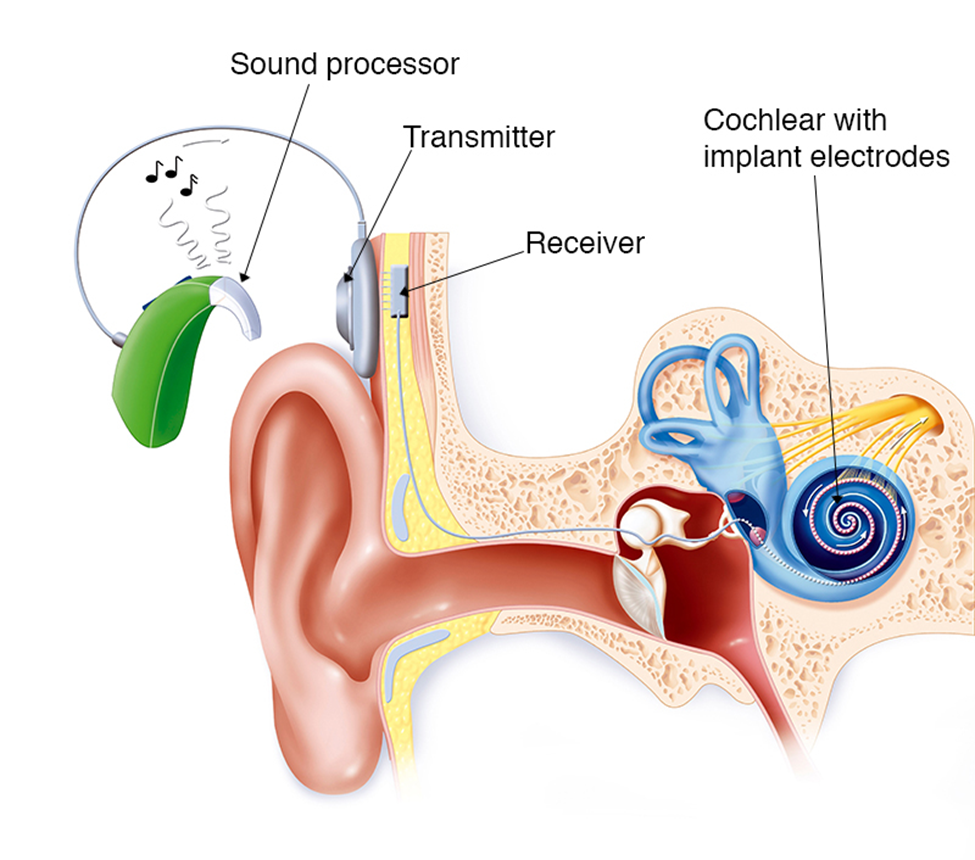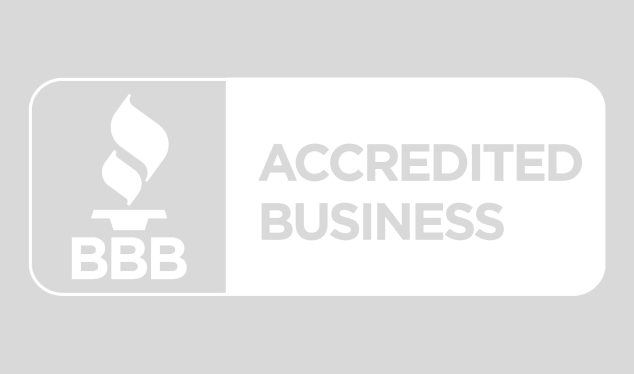Budgeting for Your Hearing Aids: Weighing Over-the-Counter Devices vs. Prescription Hearing Aids

Trying to budget and save money in the new year is an extremely popular goal. Most of us are looking for ways to cut costs, especially now. If this is something you’ve been thinking about — and you’re someone who will need to purchase hearing aids this year — you might be wondering if switching to an over-the-counter device is a viable option.
Now, we are not against over-the-counter hearing aids. They’re a great option for certain people with certain needs. However, they are not going to be the best choice for everyone. When you are looking at options, your budget matters (of course), but so does your quality of life. If an over-the-counter option isn’t going to address your specific hearing issues, it isn’t a good option, plain and simple. So, let’s go over each option together so you can start planning!
Over-the-Counter Hearing Aids
As you probably heard, hearing aids are now being offered over the counter at places like Walmart, Costco, Walgreens, and Best Buy to name a few. This is great news for a lot of people, but we still like to educate our patients about some of the potential drawbacks, as well as the benefits!
Over-the-Counter Pros:
- There is typically a cost savings when purchasing an over-the-counter hearing aid, as long as you are someone with mild to moderate hearing loss.
- There’s no appointment needed; you can set up your hearing aids at home after watching a tutorial or hopping on a video call with customer support.
- For many of these over-the-counter options, there is an app you can download that will help you adjust the devices as needed.
Over-the-Counter Cons:
- Most of these devices will require the use of a smartphone to program and adjust the devices as needed.
- Over-the-counter hearing aids are not going to work with all types of hearing loss. Additionally, they do not come with programs for tinnitus therapy.
- Many of these devices only come with a 1-year repair warranty and do not have a loss or damage warranty. If you want to make a return, you will likely have to cover the shipping costs out of pocket. The companies also carry a very strict return policy and are not willing to budge if the devices are returned after the 45-day trial period.
- Remember that these are electronic devices that are exposed to ear wax, humidity, moisture, and sweat among other elements. They will require maintenance and repairs that the user is not able to perform without sending them in for a repair. This can take up to a week to complete by the time you mail them off and receive them back.
- It can take three to four weeks to properly adjust a hearing aid, and this can be a confusing process to go through without the help of an audiologist.
- Most over-the-counter devices are going to be in-the-ear devices (like many Bluetooth devices or earbuds). Depending on the hearing loss in the low frequency region, in-the-ear devices can create an occlusion effect, or barrel-like sound quality, which does not necessarily improve hearing ability and understanding.
Prescription Pros:
- Most audiologists will include a three-year repair warranty and a three-year loss or damage warranty with every hearing aid purchase, which is great for added peace of mind.
- During your routine hearing evaluation, you will also be screened for any middle ear diseases that would warrant medical attention before the fitting of a hearing aid.
- The lifespan of prescription hearing aids is longer. Your hearing aid, with proper care, can last 5-7 years, which is an important consideration when budgeting.
- Most prescription fit hearing aid technology comes with tinnitus retraining therapy, which isn’t something that is currently offered over-the-counter devices.
- The audiologist DOES THE WORK FOR YOU! There is no need to figure out how to program or adjust the device on your own. Your audiologist will teach you how to use and care for the device to get the maximum benefit for many years.
- YOUR INSURANCE MAY COVER THE COST OF A HEARING DEVICE IN FULL! But you may not even know it. Even if a device is only $300, if your insurance covers it wouldn’t you want to take advantage of those savings?!?!
Prescription Cons:
- The cost of prescription hearing aids will almost always be more than over-the-counter devices.
- You must schedule an appointment for a routine hearing evaluation, and then come back in for follow-up appointments to make sure you have a good fit.
- Most of the time, you may not be able to leave with a hearing aid the same day as your hearing test.
Payment Options
Over-the-Counter Devices
- Payment is due in full upon ordering. Most of these companies do not offer payment plan options unless put on a credit card already owned by the user.
Prescription Hearing Aids
- Insurance may cover the cost of the devices or services in-part or in-full. If you do not know what your insurance will cover, call them to find out what benefits you have for prescription hearing aids.
- Most offices will offer financing options, such as CareCredit to help with the cost of the hearing aids.
As you can see, there is a lot to consider when budgeting for hearing aids. If you have mild to moderate hearing loss (no tinnitus) and you feel confident going through the steps to set it up and adjust it as needed, the over-the-counter options might be great for you.
If you’re someone with more severe hearing loss or tinnitus, you may want to work with an audiologist to ensure you end up with a device that is truly going to work for you. Even if you save money up front, it’s not a good investment if you aren't getting the desired outcome.
Of course, we are here to help you decide! You might think that we’re always going to tell you to come in and work with us, but that isn’t the case. If we think an over-the-counter hearing aid will meet all your needs, we will tell you that. We even sell some of these devices in our office. We just want you to feel your best, and if we can save you a little bit of money at the same time, we’re happy to do that. Feel free to contact us at 423-521-3277 if you would like to discuss your options!












